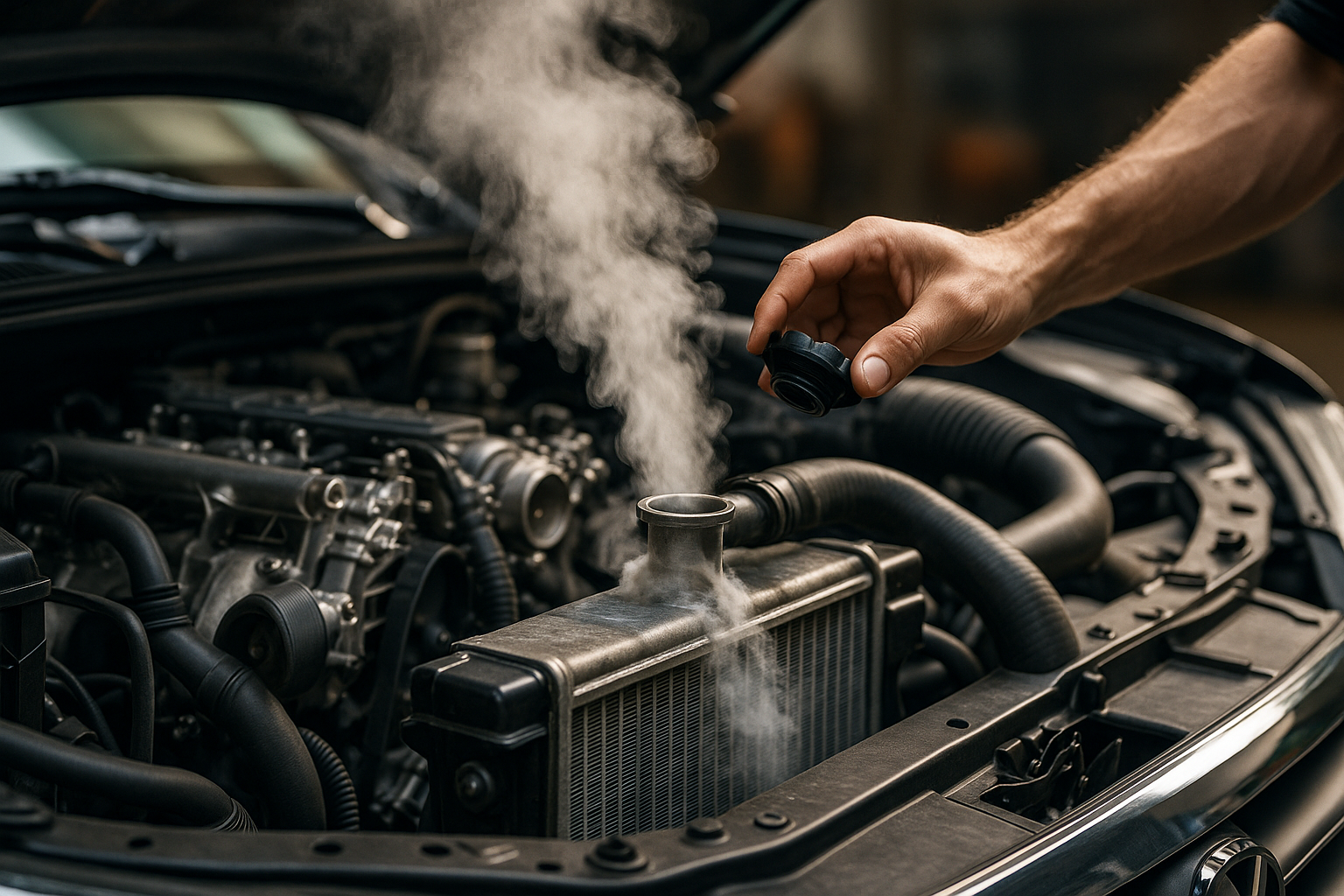How Salvage Titles Affect Vehicle Value and Resale Options
Salvage titles change how vehicles are valued, repaired, and resold. This article explains the practical implications of salvage branding for buyers, sellers, and businesses, covering inspection, repair, auctions, documentation, and typical resale pathways to help you make informed decisions.

Vehicles given salvage titles carry a distinct legal and market status that directly affects valuation and resale options. A salvage title is applied when an insurer determines a car is a total loss, often after collision, flood, or other severe damage. That label remains with the vehicle and influences what buyers will pay, what repairs are required to return it to the road, and which resale channels are realistic. Understanding inspection, certification, and documentation steps helps owners and buyers estimate value and choose compliant transport and sale routes.
Salvage title and valuation
A salvage title typically reduces market value substantially compared with a clean title. The precise valuation change depends on severity of damage, vehicle age, make, and demand for parts or rebuildable components. Vehicles with minor, well-documented repairs may retain a portion of their pre-loss value if certification and inspections restore confidence. However, many buyers and dealers apply steep discounts due to perceived risk, resale limitations, and higher insurance or compliance costs.
Inspection and certification requirements
Before a salvaged vehicle can be registered for road use again, many jurisdictions require documented inspections and certification. Inspections focus on safety systems, structural integrity, and evidence of true repair. Documentation must include repair receipts, parts invoices, and testing results where applicable. Thorough inspections reduce uncertainty for prospective buyers and can improve valuation, but they add time and cost for owners attempting to rebuild a salvage vehicle.
Repair, rebuild, and parts considerations
Deciding whether to repair or sell for parts starts with a repair vs. rebuild cost analysis. Rebuild projects require certified parts, knowledgeable labor, and adherence to manufacturer or regulatory standards to pass inspection. Selling salvaged components can recover value quickly when individual parts—engines, transmissions, body panels—are in demand. Keep records of parts provenance and repair work; transparent documentation helps future buyers and may be required for certification.
Flood, frame, and structural concerns
Damage from flood or frame compromise often leads to the most significant value reductions. Flood-damaged vehicles can suffer long-term electrical and corrosion issues that are expensive to diagnose and fix; many buyers avoid them entirely. Frame or structural damage affects safety and alignment; even well-repaired frames can raise questions about residual stress or future problems. Vehicles with documented, certified structural repairs fare better than those with unclear histories.
Auction, transport, and resale channels
Salvaged cars typically move through different resale channels than clean-title vehicles. Common routes include salvage auctions, rebuild auctions, private sales for parts, and sales to specialty rebuilders. Auction listings should include clear documentation and inspection findings. Transport logistics vary: moving a non-running or unregistered salvage requires permitted transport and compliance with local rules. Choosing the appropriate channel impacts net proceeds and how quickly a vehicle sells.
Insurance, documentation, and compliance
Insurance availability and coverage limits often change after a salvage title is issued. Some insurers offer limited policies or require higher premiums; others may decline coverage for previously salvaged vehicles. Complete documentation—insurance loss records, repair invoices, inspection certificates, and salvage branding disclosures—is essential for legal compliance and for building buyer confidence. Accurate titles and paperwork also affect registration and future resale options.
Conclusion Salvage titles affect a vehicle’s market value and the viable resale options by altering buyer perception, triggering inspection and certification steps, and changing insurance and transport requirements. Whether a salvage vehicle is best repaired, parted out, or sold at auction depends on damage type, repair costs, available documentation, and local compliance rules. Careful assessment and transparent records can reduce risk and clarify realistic valuation and resale paths.






